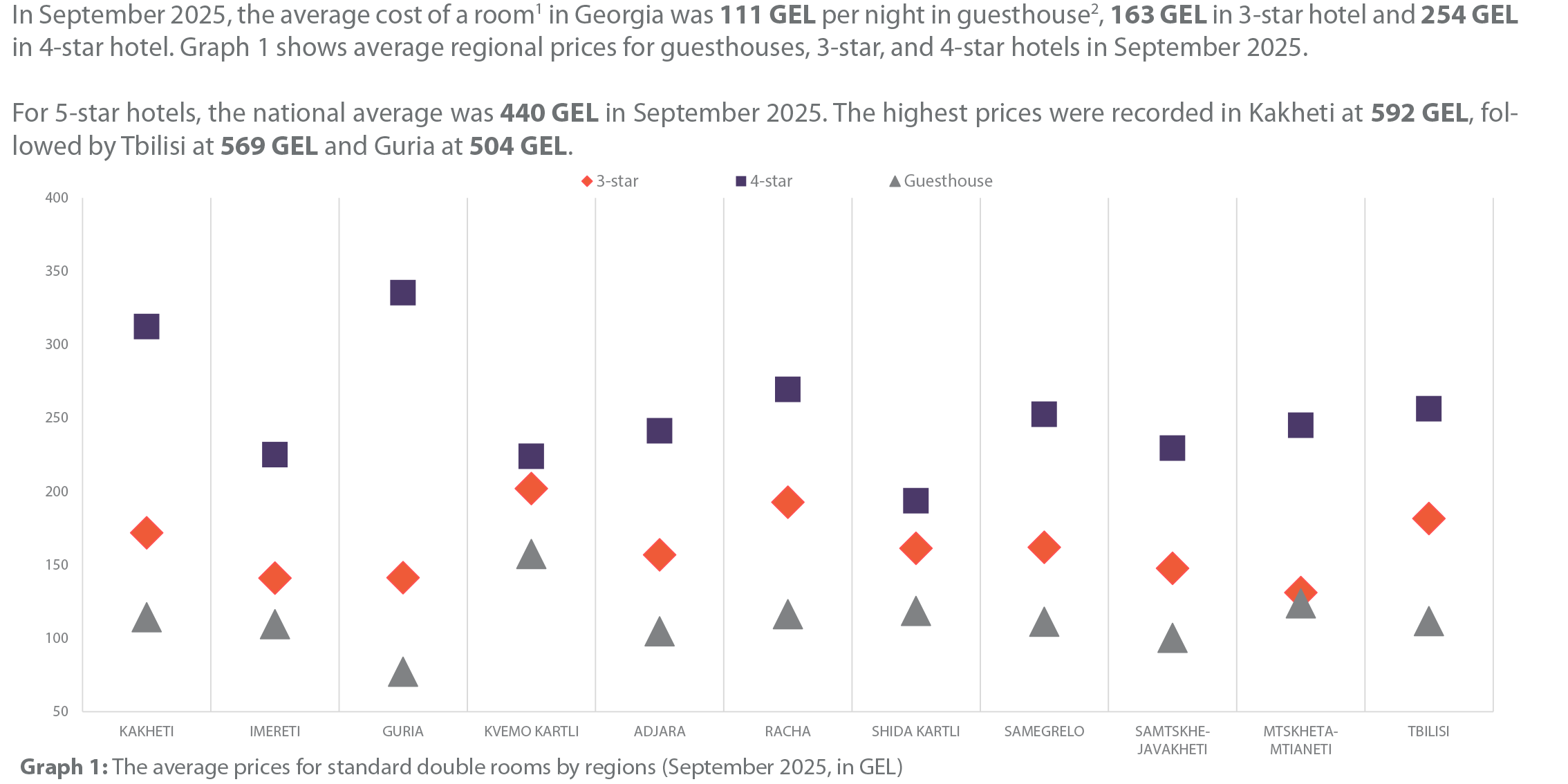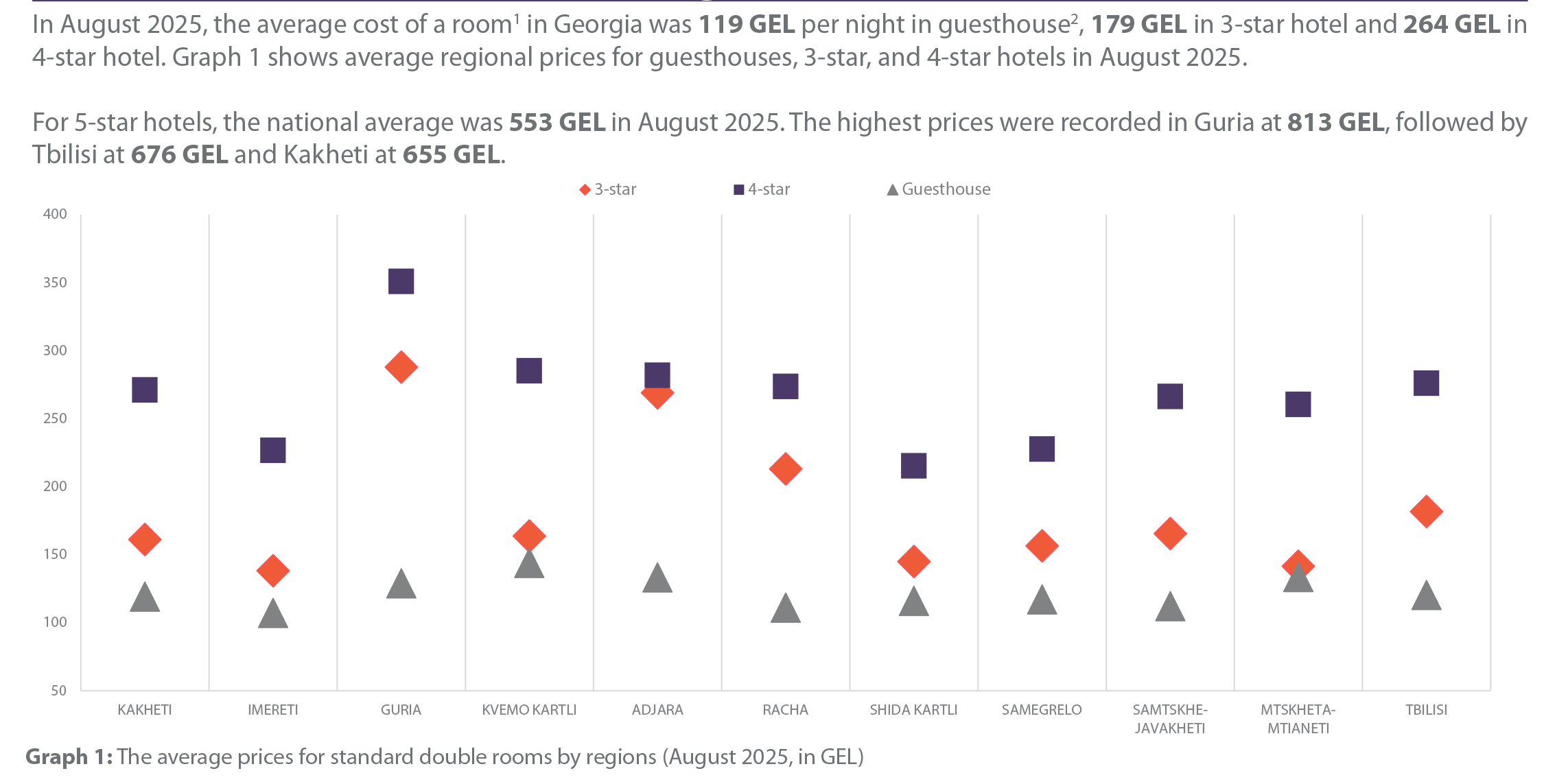PMC Research Center Published Final Report about the State Procurement System of Georgia
Jul, 2014
PMC Research Center Issued Final Report about the Fiscal Sustainability in Georgia
Jul, 2014
PMC Research Center Presents Procurement Research Findings
Jun, 2014
Program Budgeting Manual Presented
Jun, 2014
PMCG Shares Georgia’s Successful Experience with Belarus
Jun, 2014
PMCG to Work on Strategic Development of Tourism in Adjara
Jun, 2014
“Analysis of the Medium-Term Fiscal Policy Sustainability in Georgia”
Jun, 2014
PMC Research Center to Present Research Findings
Jun, 2014
PMCG Introduces Effective Management Tools to Newly Created Self Governances
May, 2014

The First Steps Towards Construction Permits Streamlining in Afghanistan
May, 2014














